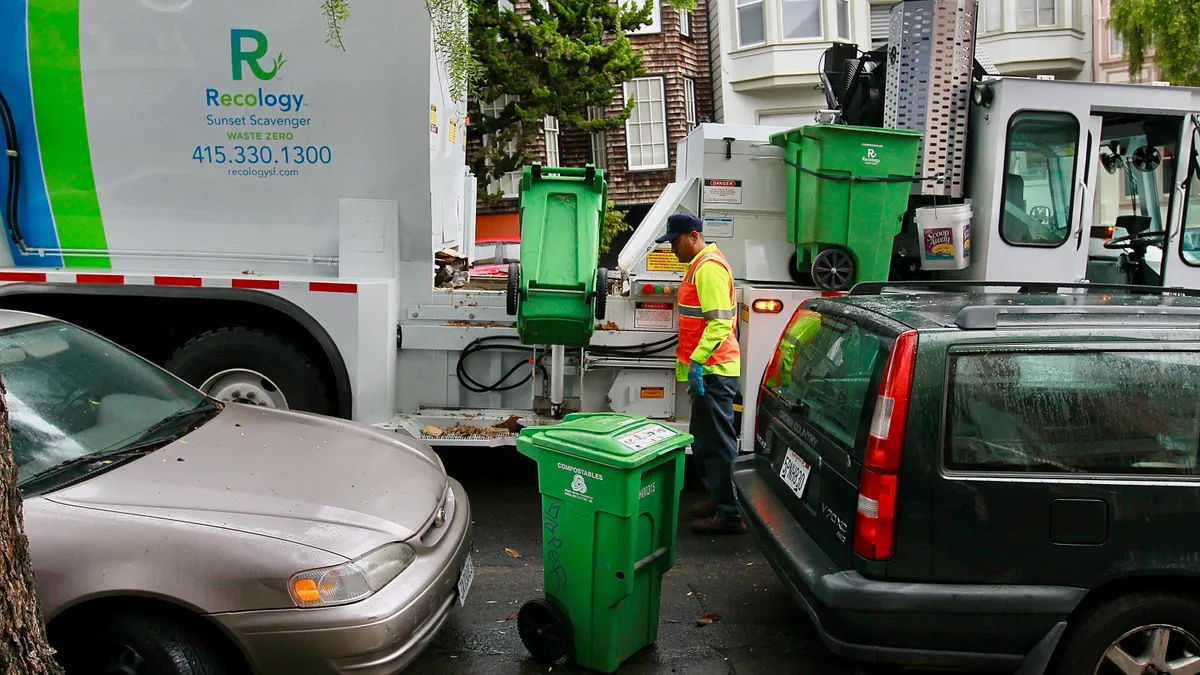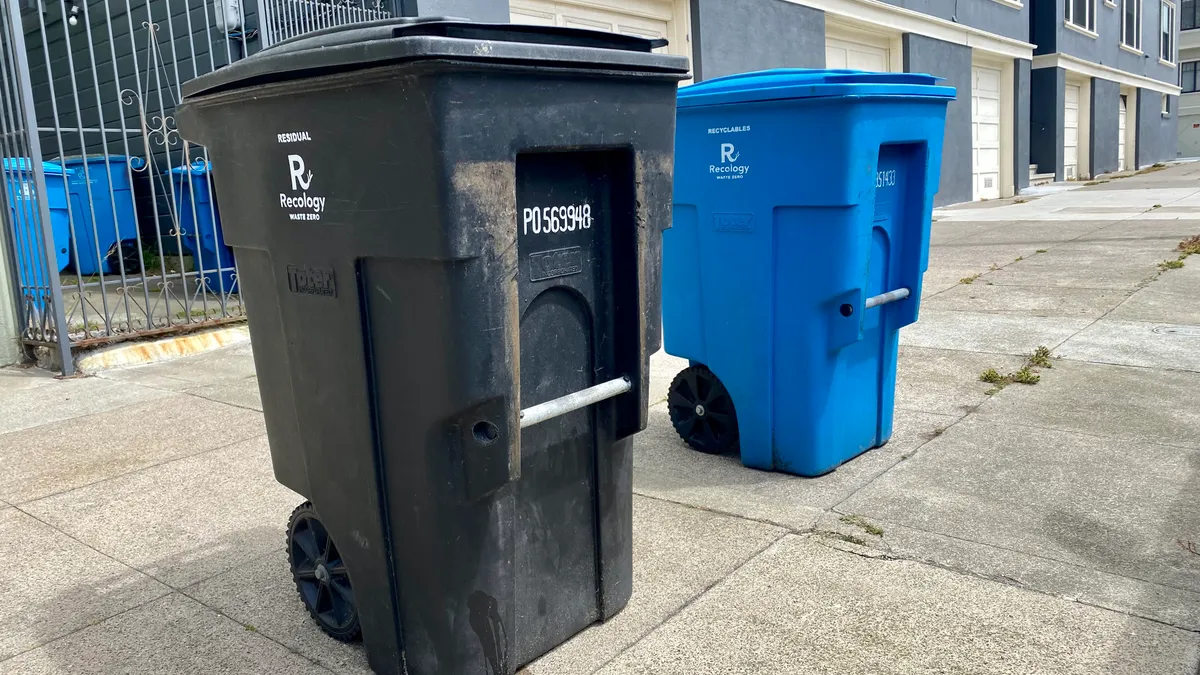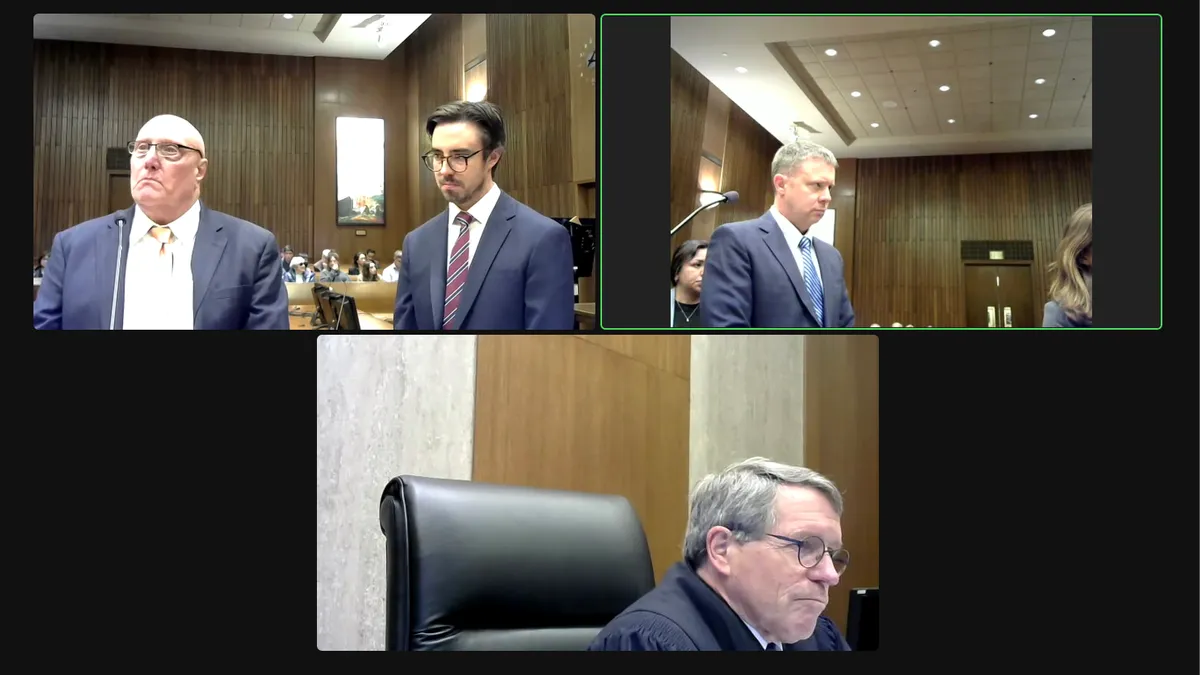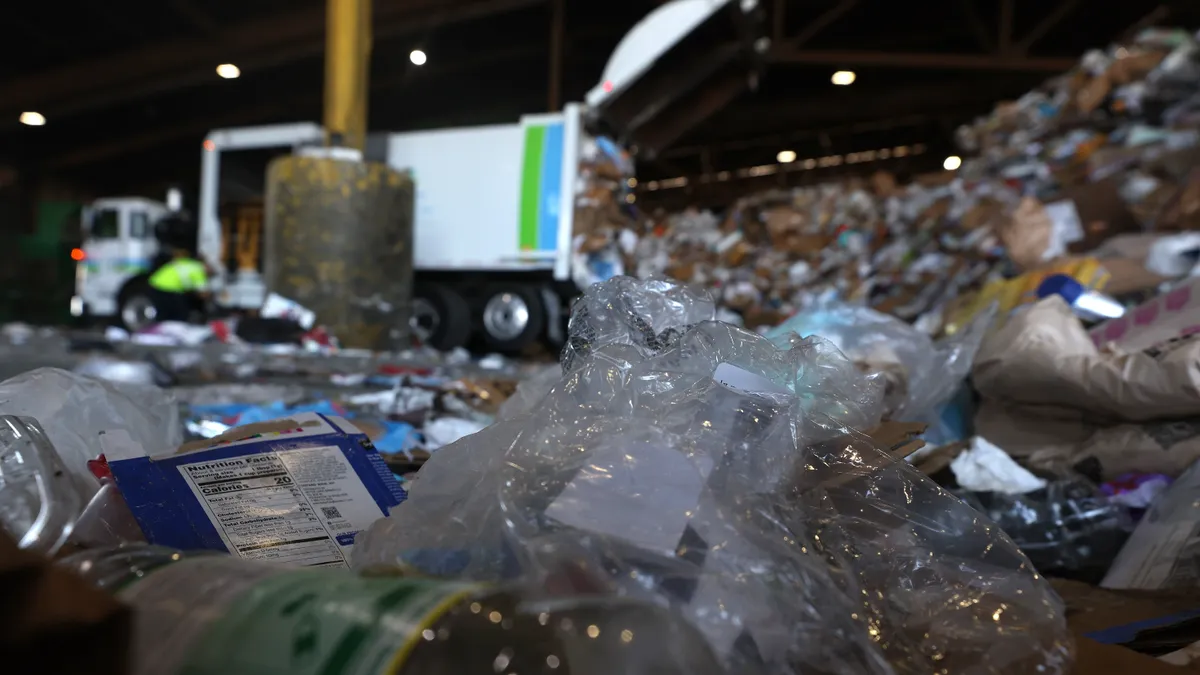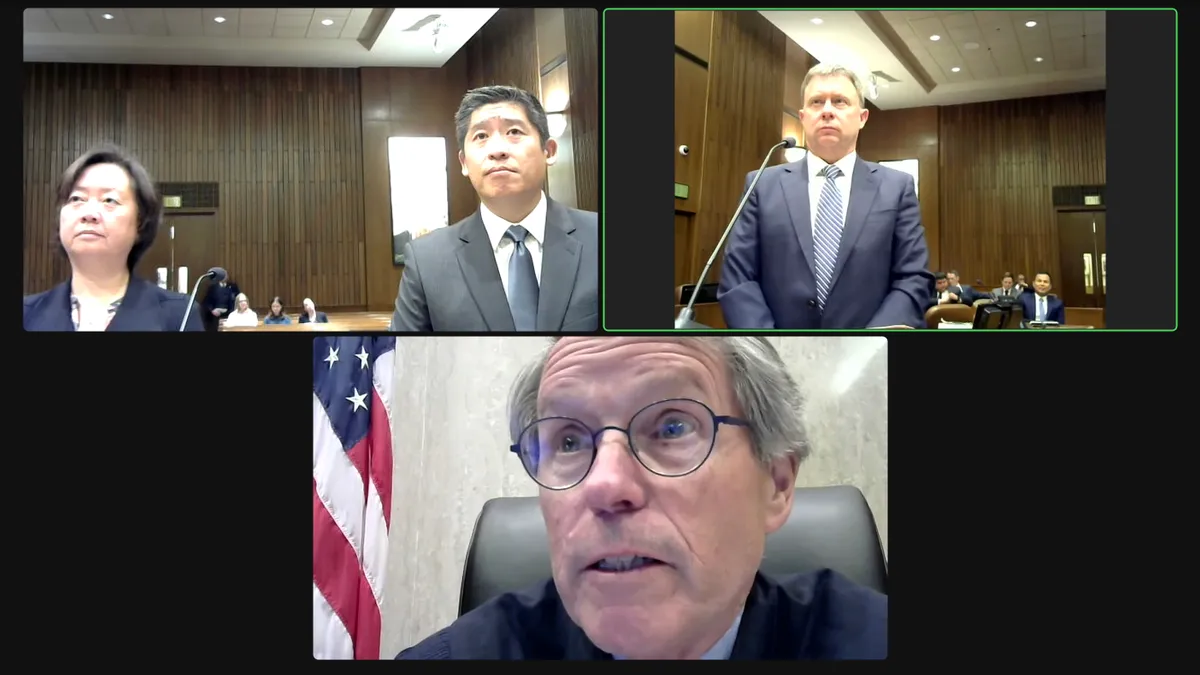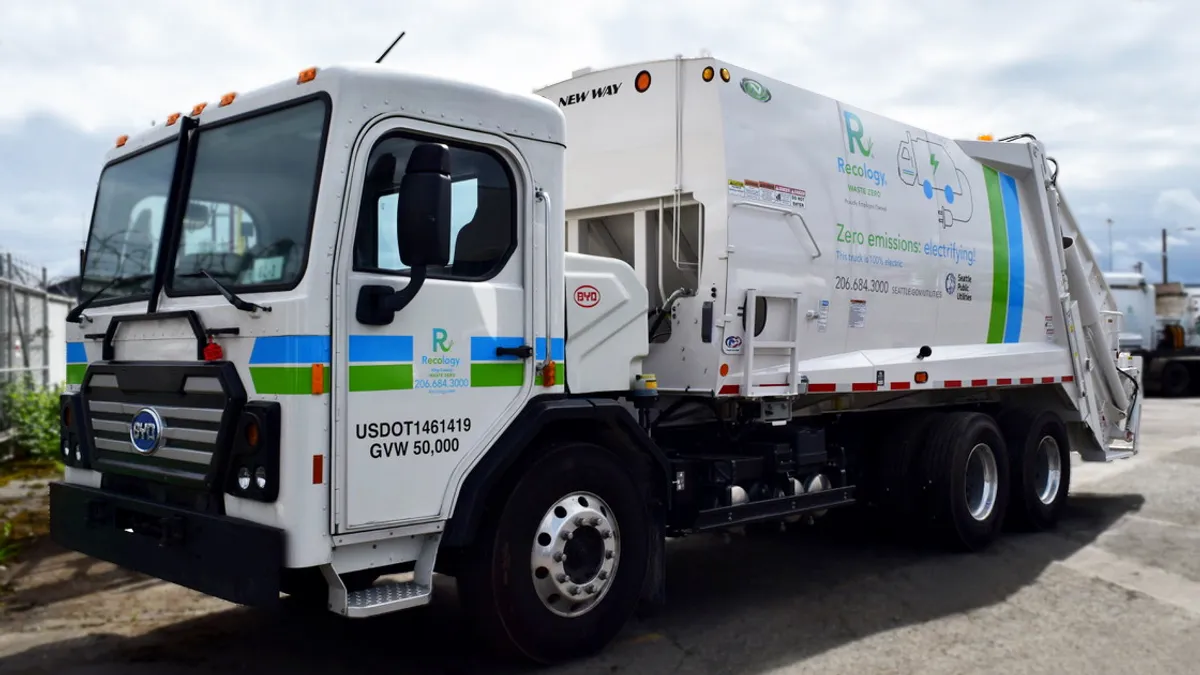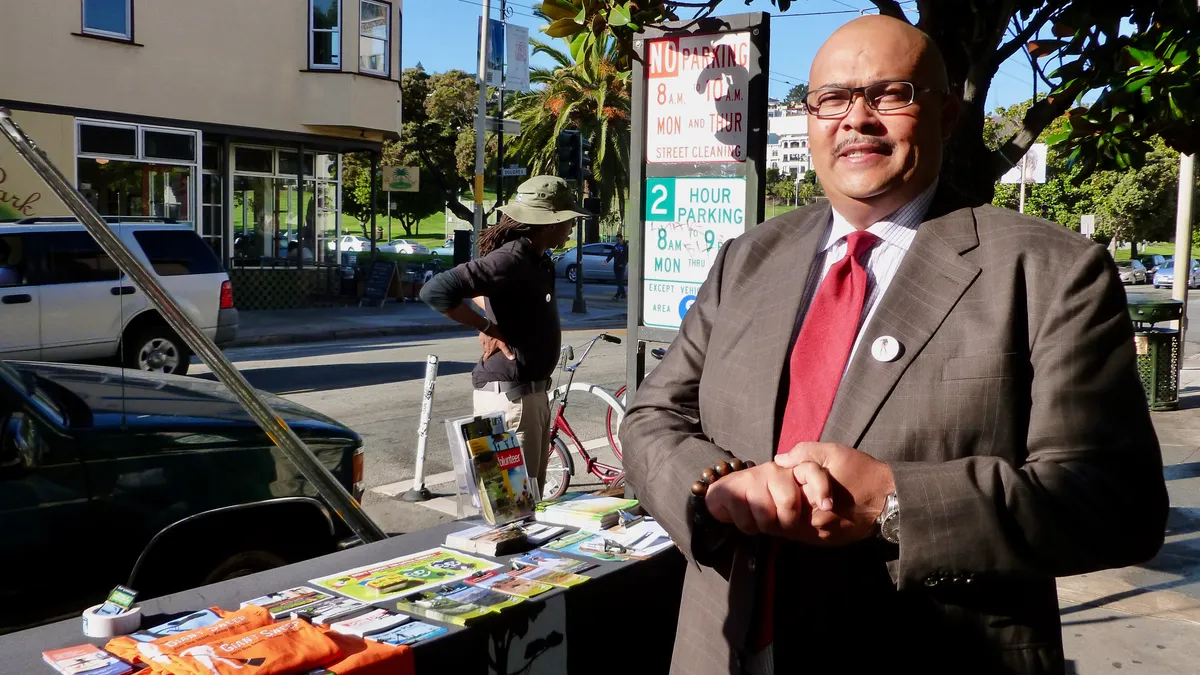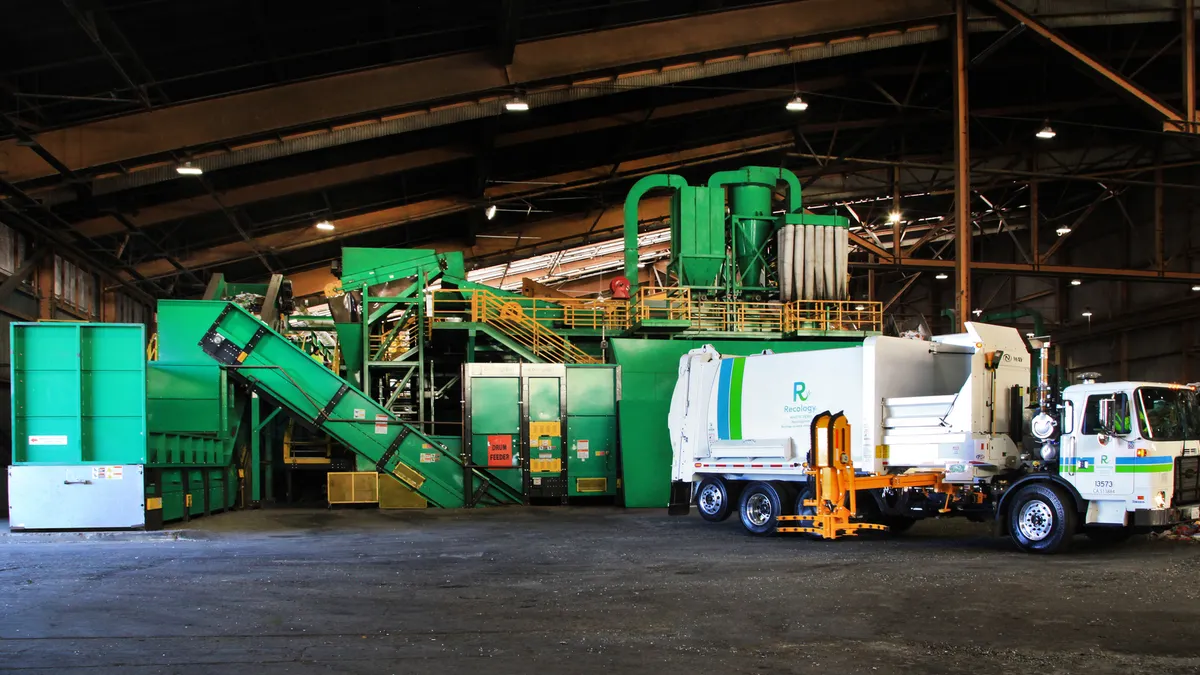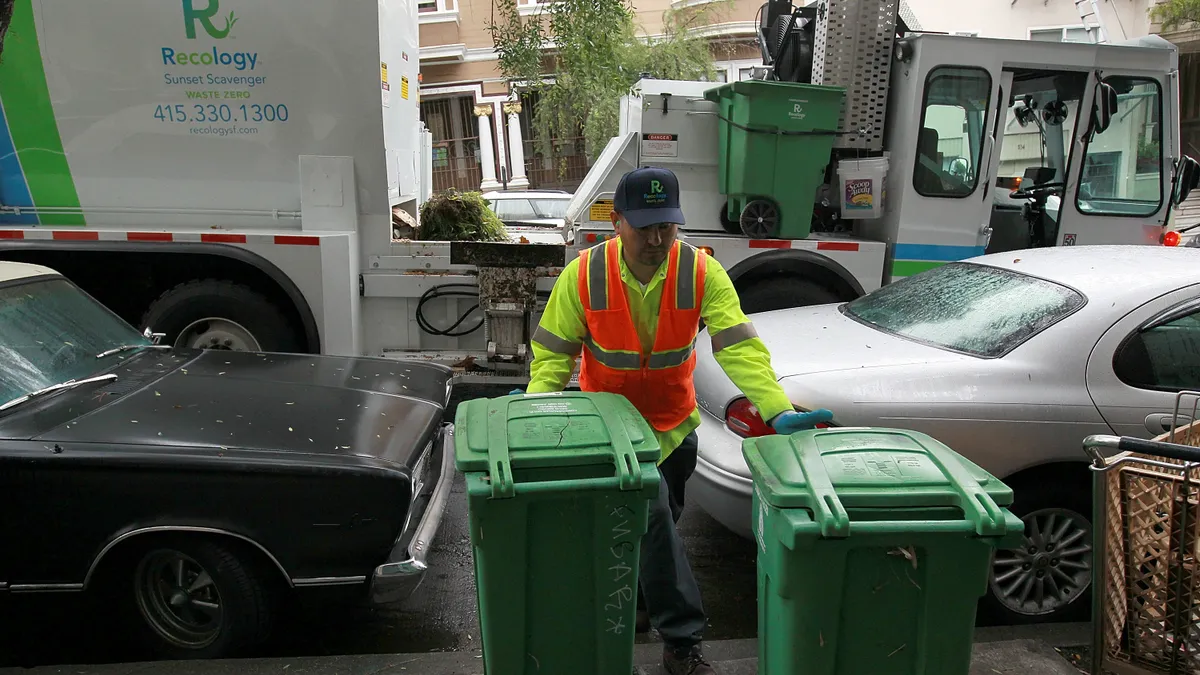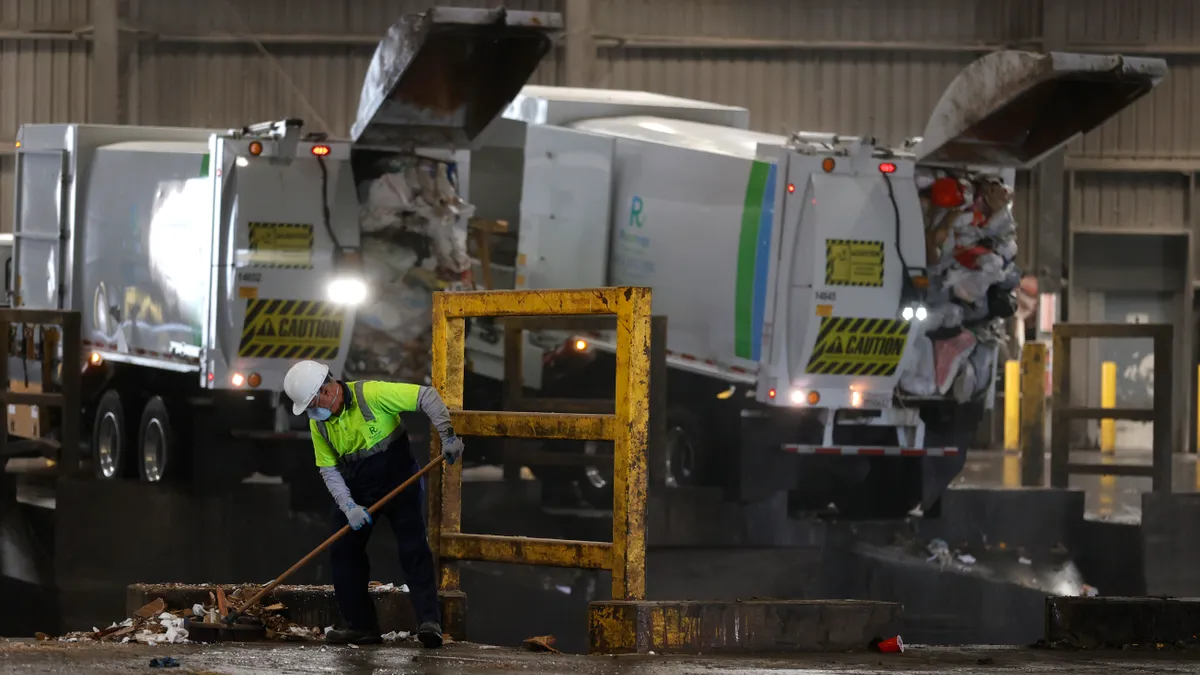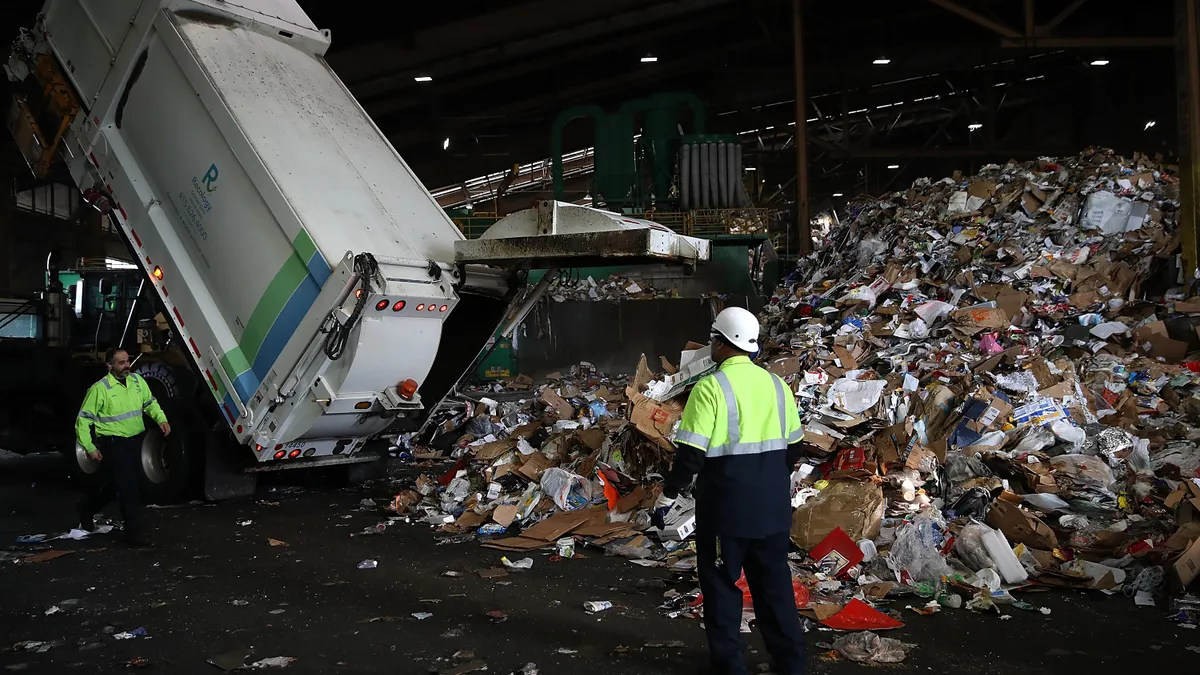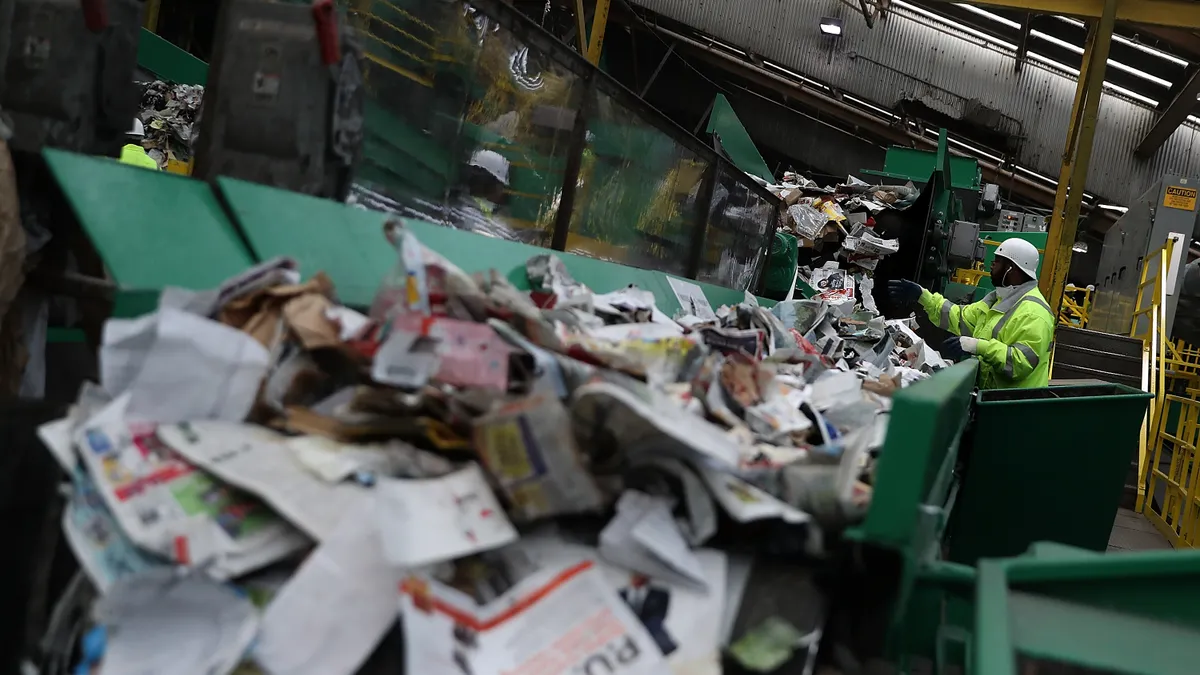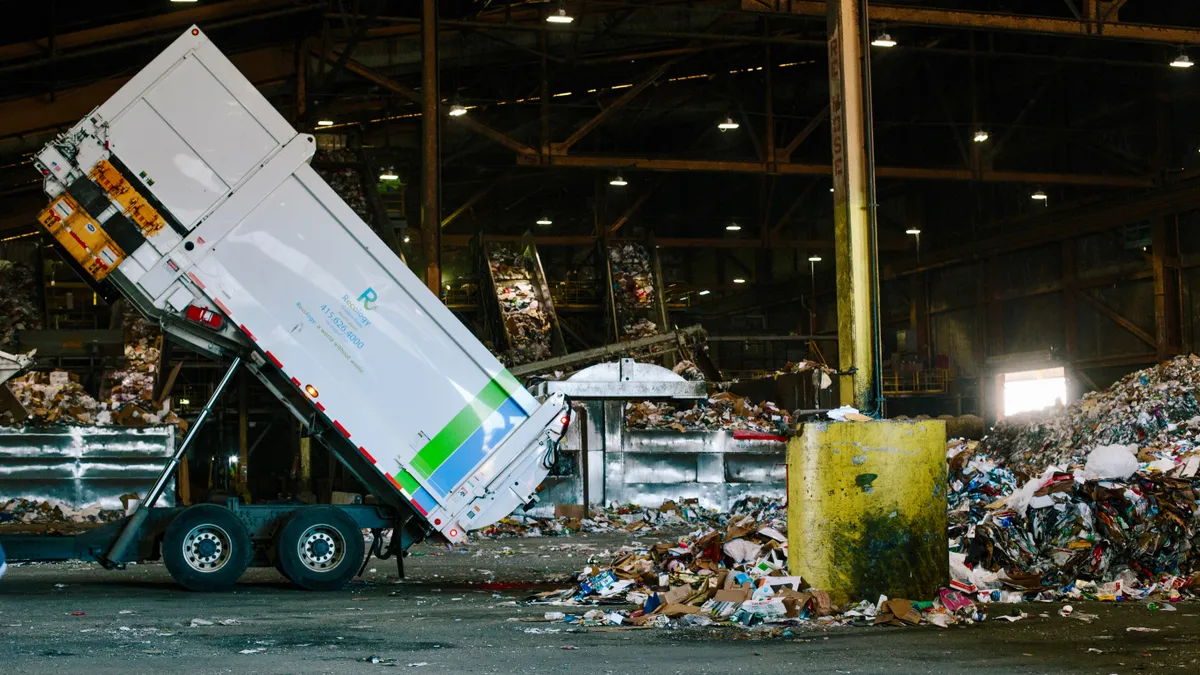John Porter, a former Recology executive, was sentenced to six months of home incarceration on Thursday for his role in approving what the federal described as more than $56,000 worth of bribes for former San Francisco public works director Mohammed Nuru.
This is part of an overall three-year probation sentence. Porter must also pay a $30,000 fine and perform 300 hours of community service. The U.S. Department of Justice had recommended a sentence of two years in prison, three years of supervised release and a fine of $100,000.
Porter’s attorney, Robb Adkins, recommended at most a “sentence of probation or home confinement, coupled with community service.” During Thursday’s hearing, he said Porter shouldn’t be held responsible “for the sins of everyone at Recology that came before him and did things he knew nothing about.”
Judge William Orrick said he took multiple factors into account, including mental health concerns. He also wanted to ensure the sentence was proportionate with outcomes for others involved in a citywide corruption case that has more than a dozen defendants spanning well beyond Recology.
“...To equate an individual bribing Nuru for their real estate business to get a contract with the city, personally, is different than a company that has a longstanding practice that is corrupt that somebody joins and continues. Doesn't mean it's right. It's offensive. It's completely wrong, but it's different,” said Orrick.
Last year, Nuru was sentenced to seven years in prison for a public corruption scheme that saw him receive numerous benefits from outside companies. Recology, which has what DOJ describes as a monopoly in the San Francisco waste and recycling market, engaged frequently with Nuru for rate and contract decisions.
The company has seen an eventful period of leadership changes and costly agreements since Nuru was arrested by the FBI in early 2020. It entered into a deferred prosecution agreement with DOJ in 2021 that included a $36 million penalty. Recology also agreed to more than $100 million worth of ratepayer reimbursements through multiple agreements with local officials. Last year, San Francisco voters also approved a ballot measure to update the ratesetting process.
The company ended Porter’s employment before he was charged in 2021 and has made necessary changes, a spokesperson said in an email following the sentencing.
“Recology has acknowledged that it is responsible as a matter of law for the acts of its former employees and has cooperated with the U.S. Attorney’s Office in its investigations. Our company unequivocally condemns this behavior and expects all of its employee-owners to act according to the highest ethical standards. Since these acts took place, new management has implemented enhanced compliance and training programs, including strict policies to address situations where Recology’s employee-owners may interact with public officials,” wrote spokesperson Robert Reed.
Porter, who was vice president and manager of the company’s San Francisco group, was the second former Recology employee to be charged after Paul Giusti, former government and community relations manager for the group. Charges against Giusti cover similar territory, but also note he was the one that had a direct relationship with Nuru and facilitated additional benefits for the city official. Giusti’s sentencing is scheduled for Oct. 19.
Last November, a superseding indictment updated Porter’s charges with additional counts of wire and mail fraud. Unlike Giusti, Porter declined to cooperate with the federal government and appeared headed for a trial earlier this year. He changed course in May, pleading guilty to one count of conspiracy to commit honest services wire and mail fraud.
During Thursday’s hearing, Porter apologized for decisions that led to the “most devastating experience in my life,” along with the loss of his job, accounting license and more.
“I must take this moment to express my profound apologies to the public for betraying their trust placed in me and the undermining of the faith in our government that is the bedrock of functioning society,” he said.
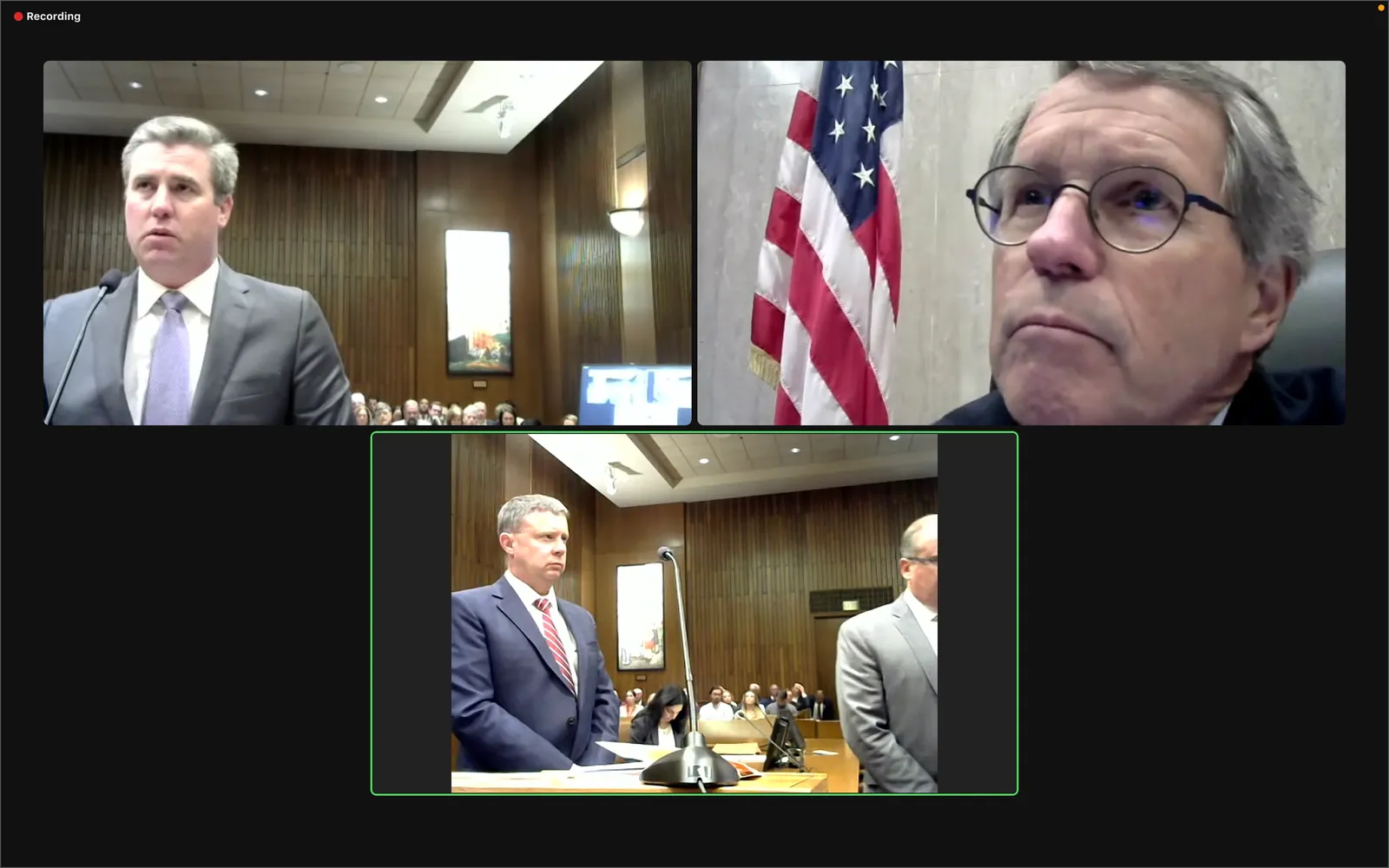
Porter’s role began in October 2017, when he was controller for the Recology’s San Francisco group and approved a request from Giusti to make a "holiday donation” to the Lefty O’Doul’s Foundation for Kids. Funds from this nonprofit, which was run by a co-conspirator of Nuru’s, were instead used to pay for Nuru’s annual holiday party. Giusti’s plea agreement noted these holiday events “were very important to Nuru because they showcased his power and importance in the city.”
Porter, who was promoted to his last role in December 2017, approved two more holiday donations amounts in subsequent years. He also approved an expensive dinner and multiple breakfasts attended by Nuru and some Recology employees.
Ahead of the sentencing, a filing from Porter’s attorney sought to show this was not consistent with his overall character. It contained multiple supportive quotes from former Recology employees, including its former board chairman, as well as the owner of a construction company where Porter is currently working as a consultant.
It noted that when he took on the promotion, “John had no experience in operations and learned from those around him, including Paul Giusti and Mark Arsenault, who became John’s direct supervisor.”
Arsenault, who left his role as Recology’s executive vice president and chief operating officer in July 2020, was discussed repeatedly in Thursday’s hearing. He has not been charged with any crimes.
“Every single thing that John Porter is accused of doing in this case, and that he has accepted full responsibility for, Mark Arsenault did,” said Adkins, who called that issue “the elephant in the room.”
Adkins said Arsenault oversaw the regular breakfast meetings before Porter joined, attended the dinner and approved a similar holiday donation at Nuru’s behest in 2016. DOJ’s own filing, without naming Arsenault directly, corroborates the 2016 donation and the fact that he told Porter “it was okay to sign” a similar payment in 2017.
Certain legal experts previously speculated others from Recology could be charged, but that has not happened to date. On Thursday, Orrick asked federal prosecutors if others above Porter were aware of the bribery scheme and received the following response.
“If they were criminally aware, we don't have knowledge to the extent that we could charge them,” said David Ward, assistant U.S. attorney.



